Power
The accumulation of, the acceptance of, and the use of power are all explored in this section. The individual reigns of some monarchs are looked at such as those from the Tudor period, but so are other leaders, despotic and revolutionary. Contemporary issues of the use of power in a democracy are explored are more complex ideas around power through individual actions and movements in history.
Sort by:
Date (Newest first) | Title A-Z
Show:
All |
Articles |
Podcasts |
Multipage Articles
-

Podcast Series: An Introduction to Magna Carta
Multipage ArticleClick to view -

Podcast Series: Charlemagne and the Carolingian Empire
Multipage ArticleClick to view -

Podcast Series: Early Modern Ireland
Multipage ArticleClick to view -
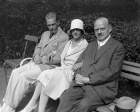
Podcast Series: German History 1918-1948
Multipage ArticleClick to view -
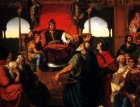
Podcast Series: Goths, Huns and the fall of the Roman Empire
Multipage ArticleClick to view -
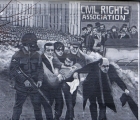
Podcast Series: Modern Irish History
Multipage ArticleClick to view -
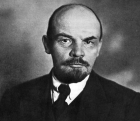
Podcast Series: Russia and the USSR
Multipage ArticleClick to view -
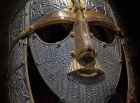
Podcast Series: The Anglo-Saxons
Multipage ArticleClick to view -

Podcast Series: The British Empire 1600-1800
Multipage ArticleClick to view -
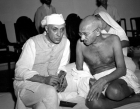
Podcast Series: The British Empire 1800-Present
Multipage ArticleClick to view -
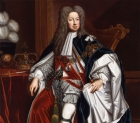
Podcast Series: The Early Georgians
Multipage ArticleClick to view -
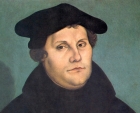
Podcast Series: The Reformation
Multipage ArticleClick to view -

Podcast Series: The Roman Republic
Multipage ArticleClick to view -
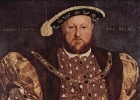
Podcast Series: The Tudors
Multipage ArticleClick to view -

Podcast Series: The Umayyad and Abbasid Caliphates
Multipage ArticleClick to view -

Podcast Series: The Vikings
Multipage ArticleClick to view -
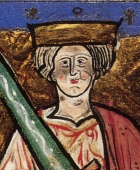
Podcast Series: William I to Henry VII
Multipage ArticleClick to view -

Podcast: Medlicott Lecture 2018 - Justin Champion
ArticleClick to view -

Podcast: Re-imagining Democracy
ArticleClick to view -

Power and Freedom in Britain and Ireland: 1714–2010
30th October 2025Click to view

